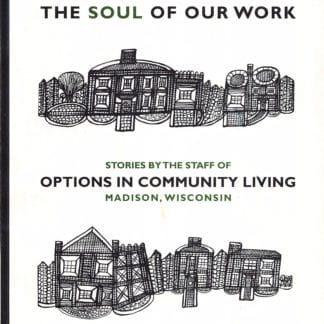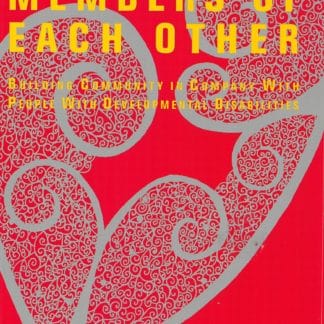John O’Brien
2007
The question of evaluation comes up in at least four ways:
- Some of our (potential) funders want us to prove that they are getting “value for money” and they want us to demonstrate “outcomes”.
- Partners teaches about the importance of accountability, so we should practice what we preach.
- We want to learn how to make the Partners experience even better for people. We can do this pretty simply, for example by tabulating each session’s partici- pant reaction sheets, thinking about what the scores mean (“Does the negative evaluation that some people made of this speaker on inclusive education mean that we should look for a different speaker or is this part of some participants’ working through an issue that is hard for them?”), and adjusting what we do next or next time. Or we could invest more by framing an evaluative question that we think has high leverage for improving what we do and figuring out a way to dis- cover useful answers and test different ways. (“What do different participants hear in the presentations about inclusive education and how might we better support people’s ways of working through the issues?”).
- Partners needs a way to assure that participants are getting a genuine Partners experience, not a watered down imitation. This is a matter for the continuing conversation about standards among Partner’s coordinators.



